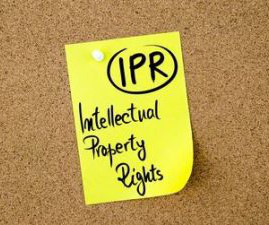Is The ‘Art’ Of Food Plating Copyrightable
Intepat
DECEMBER 12, 2021
This article will discuss a topic related to the complex subject of “food plating” and how it is protected under copyright law. Section 13(1)(a) of the Copyright Act of 1957 protects original artistic works, while Section 2(c)(iii) defines “artistic work” as “any other work of artistic craftsmanship.”












Let's personalize your content